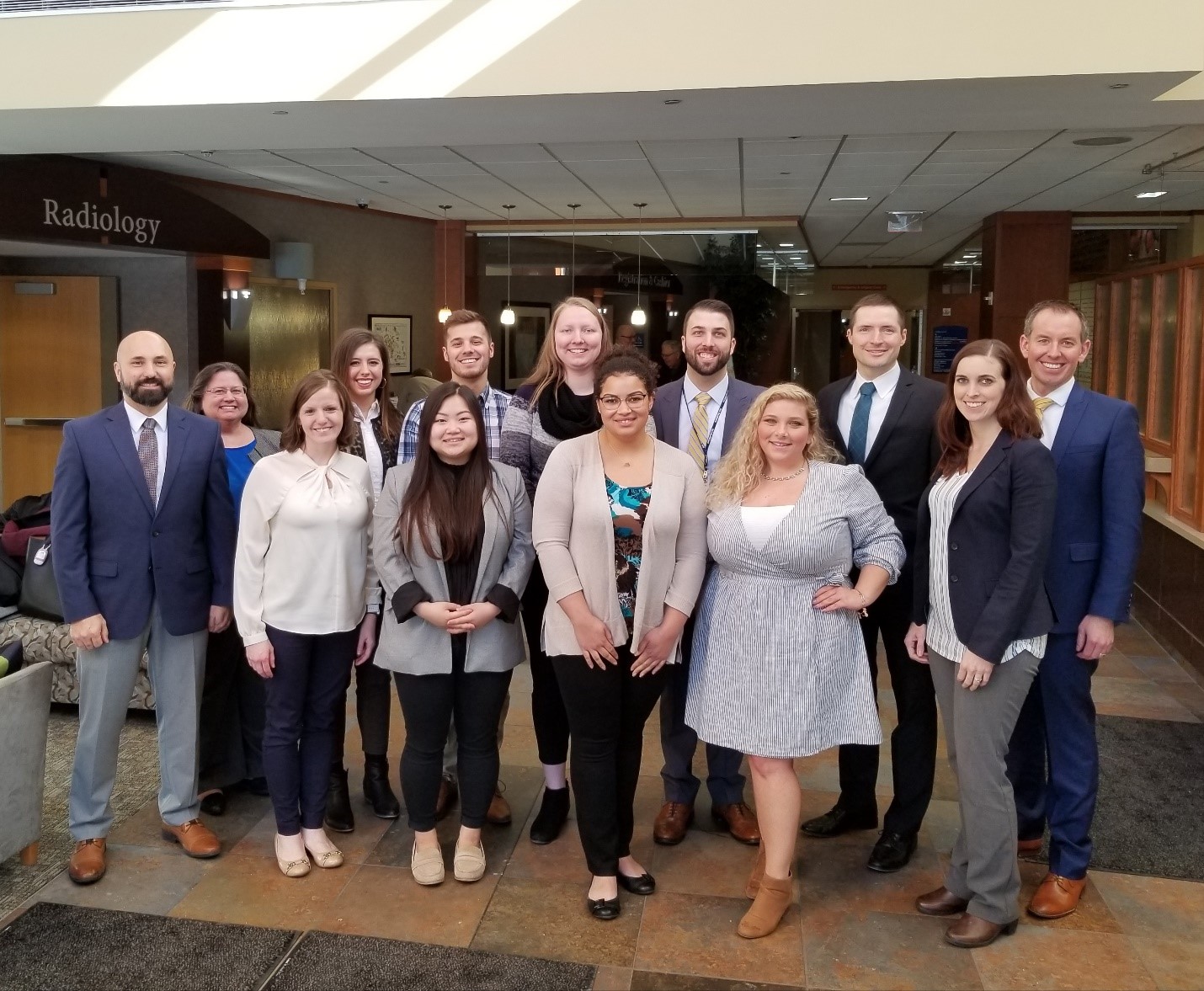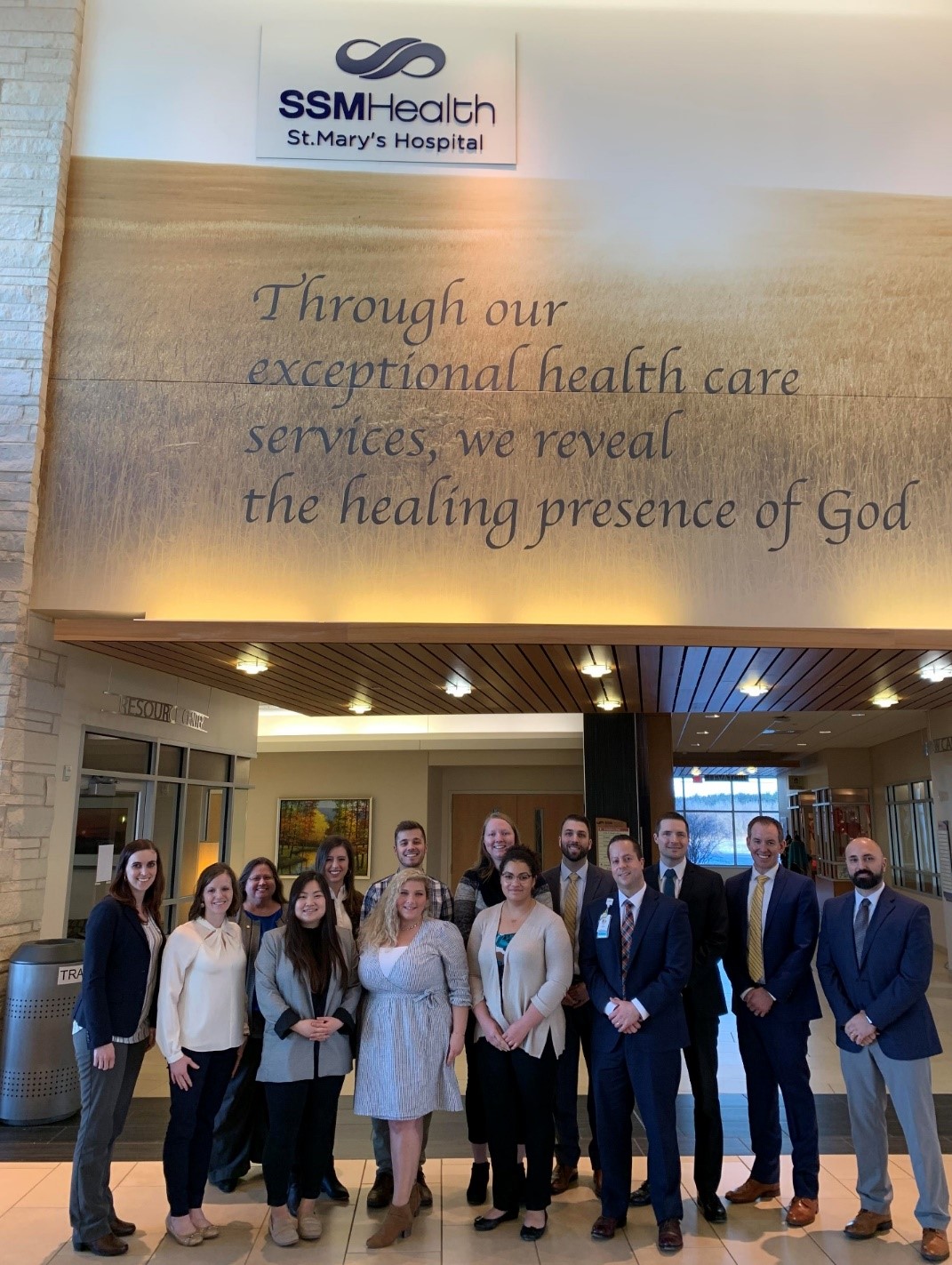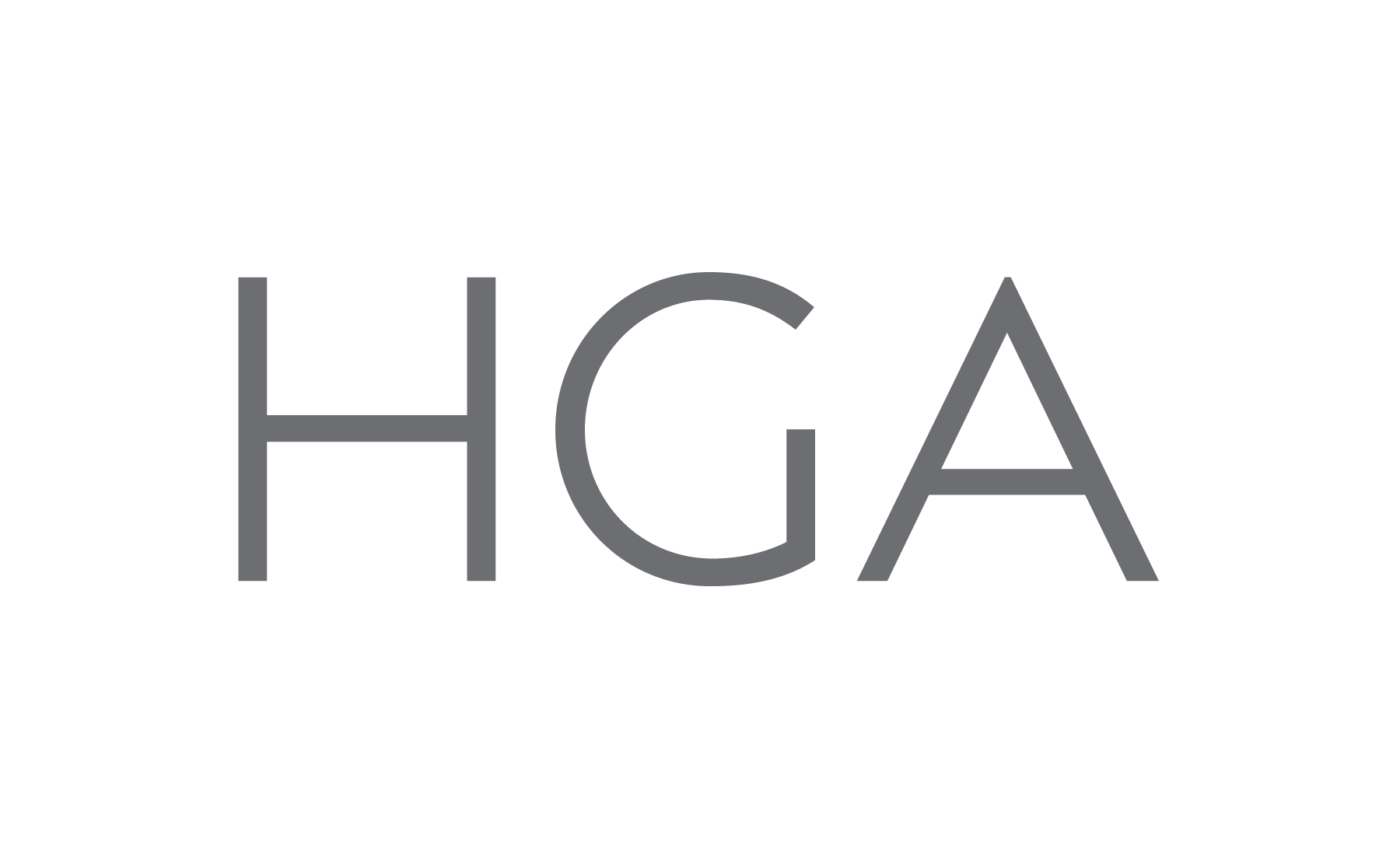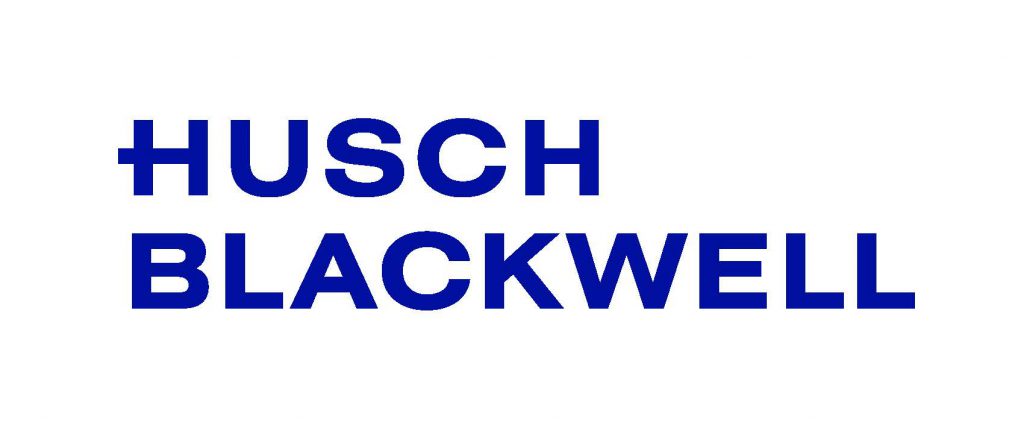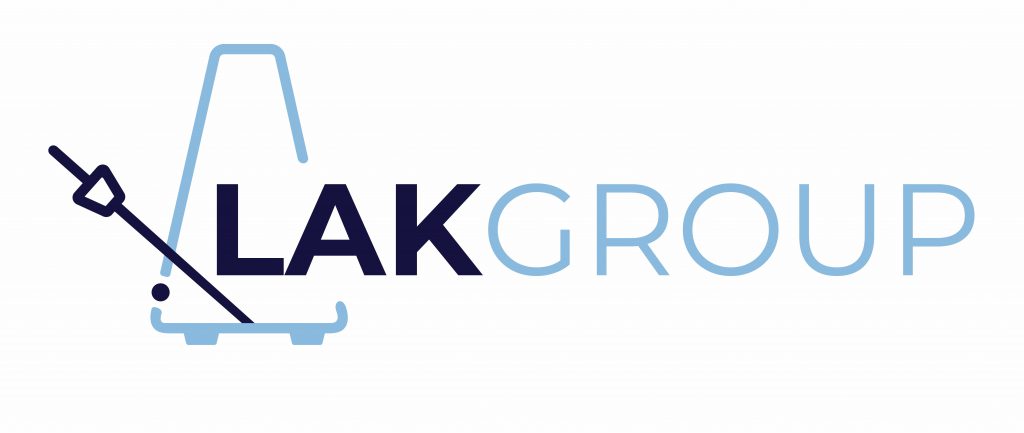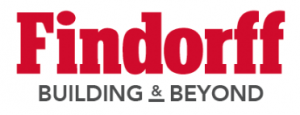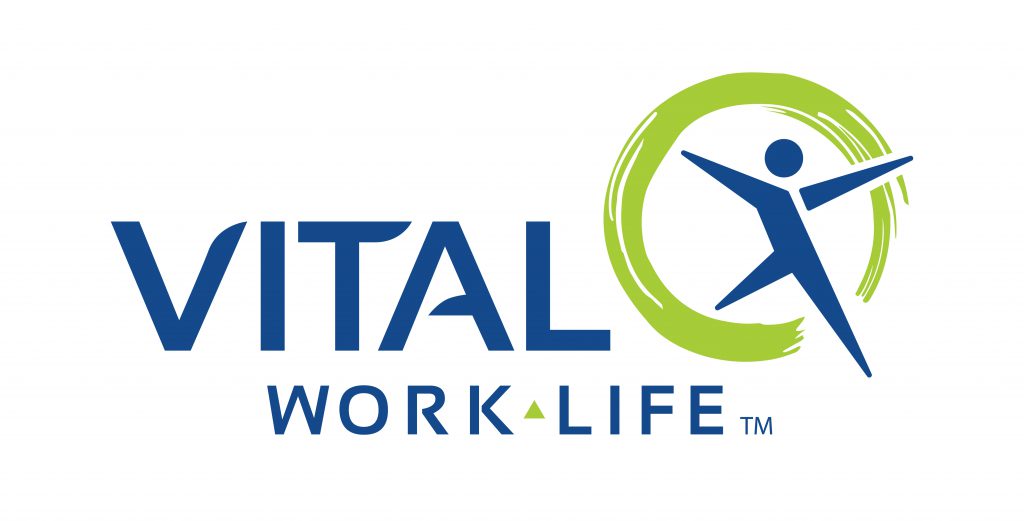Learn more about the following awards and their criteria here.
Board of Governors Award
Sandhills Healthcare Executives Forum
Award for Chapter Excellence
ACHE—Nevada Chapter
CT Association of Healthcare Executives
Georgia Association of Healthcare Executives
Hawaii-Pacific Chapter of ACHE
Midwest Chapter of the American College of Healthcare Executives
San Diego Organization of Healthcare Leaders
Triangle Healthcare Executives’ Forum
Award of Chapter Distinction
ACHE—NJ
ACHE of Middle Tennessee
ACHE of North Texas
ACHE of Western PA
Alabama Healthcare Executives Forum
American College of Healthcare Executives of Central Florida
American College of Healthcare Executives—Wisconsin Chapter
Central Illinois Chapter of ACHE
Greater Charlotte Healthcare Executives
Mid-America Healthcare Executive’s Forum
Missouri Chapter of the American College of Healthcare Executives
South Texas Chapter of the American College of Healthcare Executives
Western Florida Chapter
Award of Chapter Merit
ACHE of Central PA
ACHE of Nebraska & Western Iowa
ACHE of Northern Ohio
ACHE-MN Chapter
American College of Healthcare Executives—Rhode Island Chapter
Arizona Healthcare Executives
Arkansas Health Executives Forum
Canadian Chapter of ACHE
Central Texas Chapter—ACHE
Colorado Association of Healthcare Executives
Great Lakes Chapter of the American College of Healthcare Executives
Health Care Executives of Southern California
Health Care Management Association of Central New York
Healthcare Administrators of Tidewater
Healthcare Executive Forum, Inc.
Indiana Healthcare Executives Network
Louisiana Chapter of Healthcare Executives
Maryland Association of Health Care Executives
Mississippi Healthcare Executives
National Capital Healthcare Executives
New Mexico Healthcare Executives
Oregon Society of Healthcare Executives
Puerto Rico Chapter of the American College of Healthcare Executives, Inc.
South Carolina ACHE Chapter
South Dakota Healthcare Executive Group
South Florida Healthcare Executive Forum, Inc.
Utah Healthcare Executives
West Virginia Chapter of the American College of Healthcare Executives
Award for Sustained Performance
ACHE—Nevada Chapter
ACHE of Middle Tennessee
ACHE—MN Chapter
Alabama Healthcare Executives Forum
American College of Healthcare Executives of Central Florida
American College of Healthcare Executives—Rhode Island Chapter
American College of Healthcare Executives—Wisconsin Chapter
Arkansas Health Executives Forum
Central Illinois Chapter of ACHE
CT Association of Healthcare Executives
Georgia Association of Healthcare Executives
Greater Charlotte Healthcare Executives
Hawaii-Pacific Chapter of ACHE
Indiana Healthcare Executives Network
Mid-America Healthcare Executive’s Forum
Midwest Chapter of the American College of Healthcare Executives
Oregon Society of Healthcare Executives
San Diego Organization of Healthcare Leaders
South Texas Chapter of the American College of Healthcare Executives
Utah Healthcare Executives
